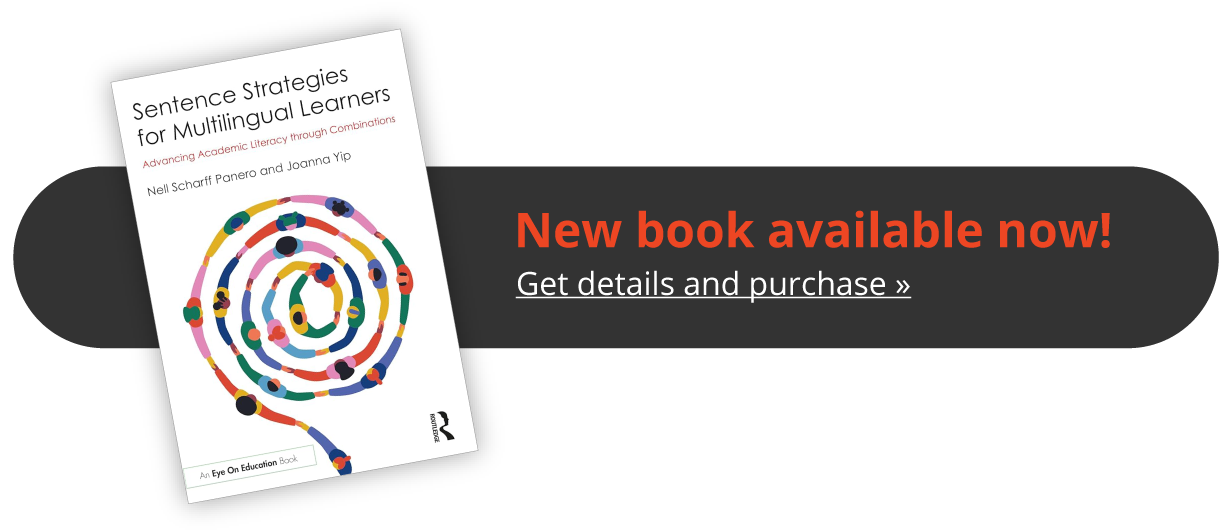Persistently low-achieving schools often work with external partners to receive support in improving culture and academics. Strategic Inquiry is a school turnaround model that has been implemented in poor performing high schools in New York City. The goal of this study was to learn lessons from school-based facilitators as they implemented Strategic Inquiry in three New York City high schools over three years. Interviews were conducted with Strategic Inquiry facilitators, their principals, trainers and district-level staff. The most common challenges expressed by the facilitators were the pressure for quick improvements, moving their teams of teachers, and concurrently learning and leading the process at their schools. The study shows that the principals leveraged school-based facilitators to accelerate the spread of improvement strategies and foster pockets of activity throughout the schools. Facilitators, going beyond the program expectation to learn from teams from other schools, also found value in launching collaborative learning opportunities with Strategic Inquiry teams within their own buildings. Finally, all interviewees found multiple utilities in the Strategic Inquiry process, emulating the practices to impact team learning and improvement at the district level, among school leadership teams, teacher teams and toward student outcomes not directly related to academics. This study suggests the need to clarify the support structures needed for school-based turnaround facilitators in order to ensure the fidelity and longevity of their efforts and also a need for further study to vet the effectiveness of Strategic Inquiry in improving student academic outcomes.
DOWNLOAD THE FULL DISSERTATION BY CARL-ANTHONY WATSON HERE

